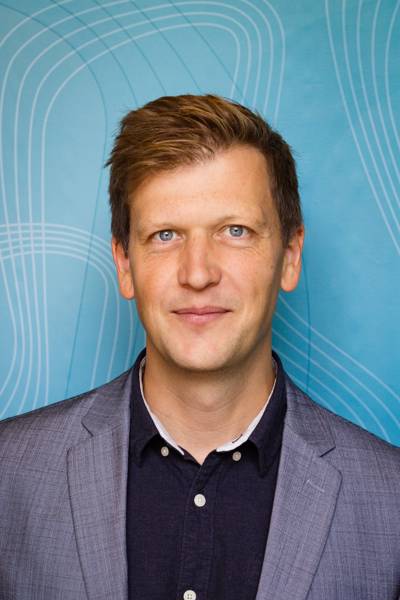Existing research on digital technologies in peacebuilding exhibits both tech-solutionist and tech-problematizing traits that tend to understate their embeddedness in society and politics. We argue that the study of digital peacebuilding should instead reflexively engage with the coproduction of the technical and the social in both academia and practice. This requires asking how assumptions about technology are related to assumptions about the conflict and peacebuilding context on which these technologies are brought to bear, and with what consequences. Therefore, we propose a methodological framework that brings to the fore how technologies for peacebuilding and peacebuilding with technology are coproduced. First, we focus on the interrelated claims about peacebuilding and technology, and the coproduction of peacebuilding problems and technological solutions. Second, we inquire into the characteristics of the digital peacebuilding agendas built on these claims, including the dynamics of disruptive change and datafication that these agendas bring. Third, we consider the sticky effects of digital approaches, in terms of a politicization or depoliticization of peacebuilding efforts, and ask what kind of peace this may produce.
Hirblinger, Andreas; Julie Marie Hansen; Kristian Hoelscher; Åshild Kolås; Kristoffer Lidén & Bruno Oliveira Martins (2023) Digital Peacebuilding: A Framework for Critical–Reflexive Engagement, International Studies Perspectives 24 (3): 265–284.












